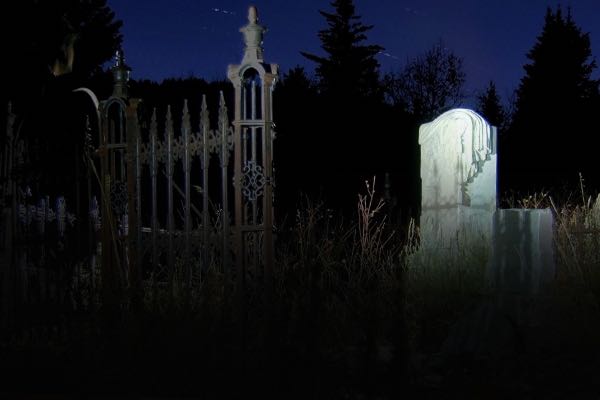The Early Church Fathers, with very few exceptions, agree with traditional views descriptions of Hell as a place of eternal, conscious torment:
1. Hell is a place of judgment for those who have rejected God and denied Jesus as their Savior
2. Hell is a place of separation from God
3. Hell is a place of torment in which the rebellious are in anguish and pain
4. Hell is a place where the rebellious are tormented forever and are conscious of this torment for all eternity (In fact, the eternal duration of their torment is often compared to the eternal duration of the reward of the saved)
At the same time, the earliest Church Fathers are ambiguous on those areas where the Bible is ALSO ambiguous.
1. The exact nature of the torment of the rebellious is unknown
2. The manner in which the rebellious are kept alive in spite of ‘deathly’ anguish is also un-described
The Early Church Fathers simply reflected the clearest teachings of the Bible. Here is a very brief assessment of several quotes made by early Christians about the nature of Hell:
From “The Epistle of Barnabas” (70-130AD)
The author of the Epistle of Barnabas is unknown, but many consider him to simply be who he said he was, Barnabas, the associate of Paul who is mentioned in the Book of Acts. The letter was written to new converts to Christianity:
The way of darkness is crooked, and it is full of cursing. It is the way of eternal death with punishment. (“Epistle of Barnabas”)
From Ignatius of Antioch (110AD)
Ignatius was a student of the Apostle John, and succeeded the Apostle Peter as the Bishop of Antioch. He wrote a number of important letters to believers in churches in the area:
Continued below.
The Early Church Fathers, with very few exceptions, agree with traditional views descriptions of Hell as a place of eternal, conscious torment

coldcasechristianity.com


